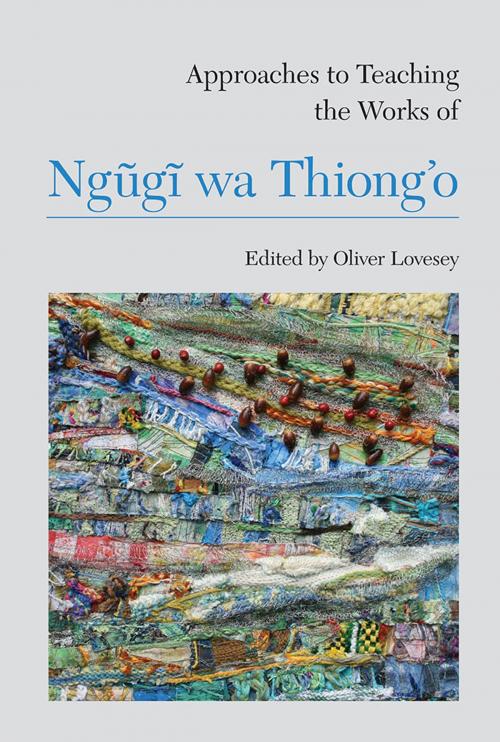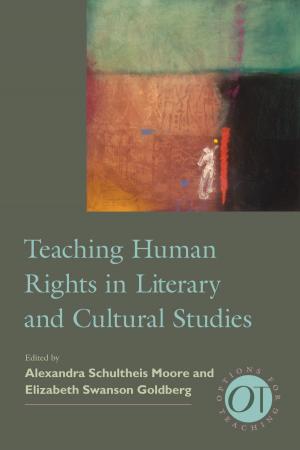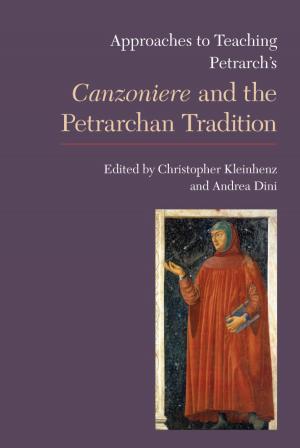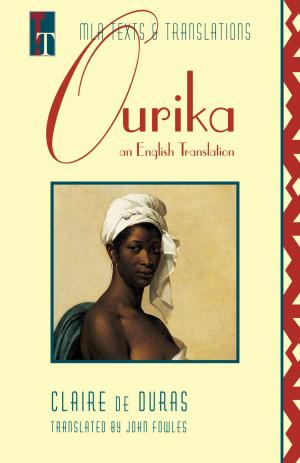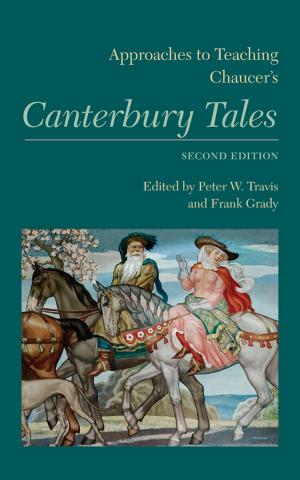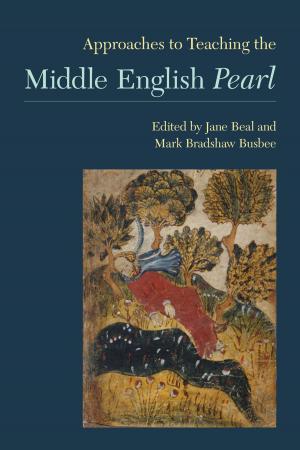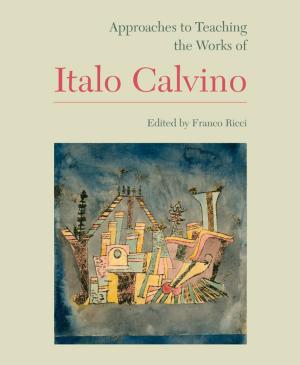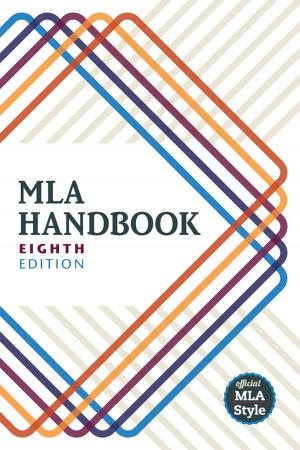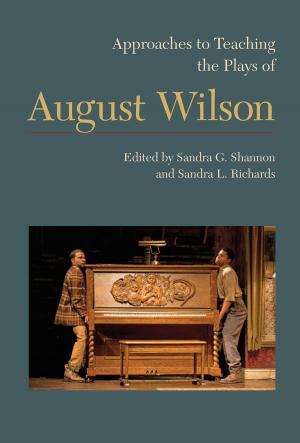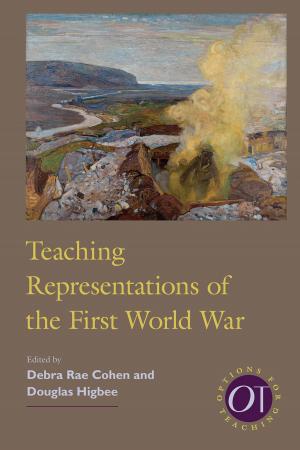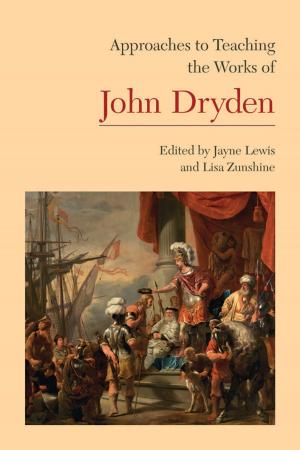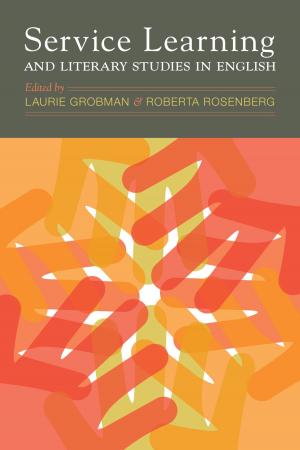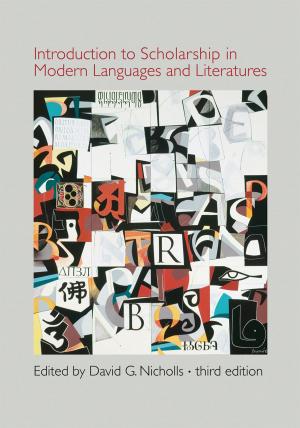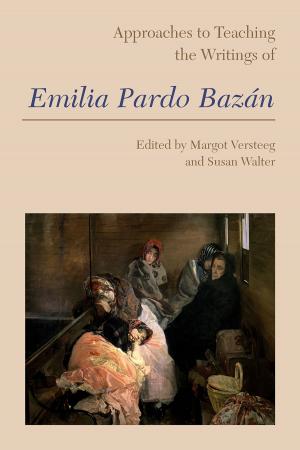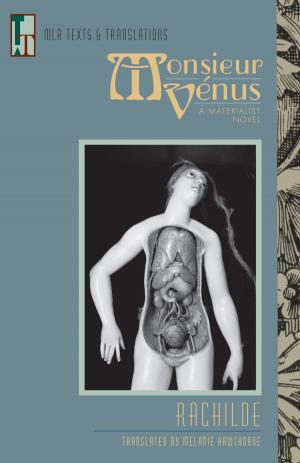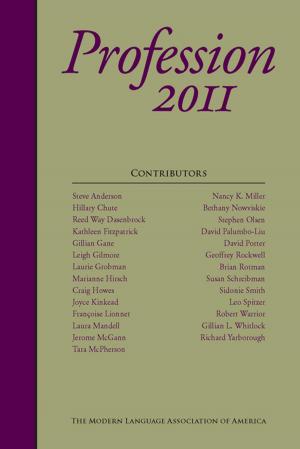Approaches to Teaching the Works of Ngũgĩ wa Thiong’o
Nonfiction, Reference & Language, Language Arts, Study & Teaching| Author: | ISBN: | 9781603291835 | |
| Publisher: | The Modern Language Association of America | Publication: | December 1, 2012 |
| Imprint: | The Modern Language Association of America | Language: | English |
| Author: | |
| ISBN: | 9781603291835 |
| Publisher: | The Modern Language Association of America |
| Publication: | December 1, 2012 |
| Imprint: | The Modern Language Association of America |
| Language: | English |
Ngũgĩ wa Thiong'o is one of the most important and celebrated authors of postindependence Africa as well as a groundbreaking postcolonial theorist. His work, written first in English, then in Gĩkũyũ, engages with the transformations of his native Kenya after what is often termed the Mau Mau rebellion. It also gives voice to the struggles of all Africans against economic injustice and political oppression. His writing and activism continue despite imprisonment, the threat of assassination, and exile.
Part 1 of this volume, "Materials," provides resources and background for the teaching of Ngũgĩ's novels, plays, memoirs, and criticism. The essays of part 2, "Approaches," consider the influence of Frantz Fanon, Karl Marx, and Joseph Conrad on Ngũgĩ; the role of women in and influence of feminism on his fiction; his interpretation and political use of African history; his experimentation with orality and allegory in narrative; and the different challenges of teaching Ngũgĩ in classrooms in the United States, Europe, and Africa."
Ngũgĩ wa Thiong'o is one of the most important and celebrated authors of postindependence Africa as well as a groundbreaking postcolonial theorist. His work, written first in English, then in Gĩkũyũ, engages with the transformations of his native Kenya after what is often termed the Mau Mau rebellion. It also gives voice to the struggles of all Africans against economic injustice and political oppression. His writing and activism continue despite imprisonment, the threat of assassination, and exile.
Part 1 of this volume, "Materials," provides resources and background for the teaching of Ngũgĩ's novels, plays, memoirs, and criticism. The essays of part 2, "Approaches," consider the influence of Frantz Fanon, Karl Marx, and Joseph Conrad on Ngũgĩ; the role of women in and influence of feminism on his fiction; his interpretation and political use of African history; his experimentation with orality and allegory in narrative; and the different challenges of teaching Ngũgĩ in classrooms in the United States, Europe, and Africa."
